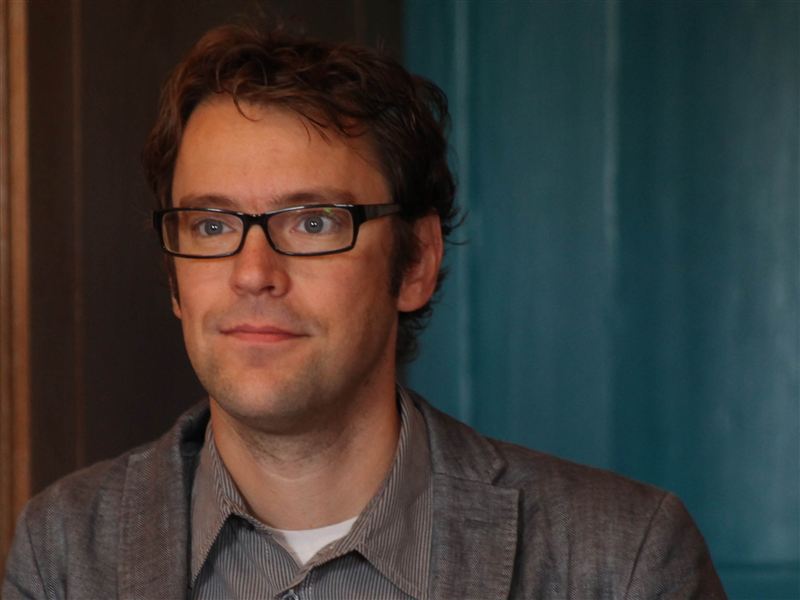Scandinavian Political Studies
 17 mar 2008, kl 22:34 |
17 mar 2008, kl 22:34 |  Lite väl akademiskt,
Lite väl akademiskt,  Publikationer
Publikationer Bergh, Andreas and Gissur Erlingsson. 2008. "Liberalization without retrenchment: Understanding the consensus on Swedish welfare state reforms." Forthcoming, Scandinavian Political Studies.
Goda nyheter för de 7 personer (jodå, upp 3 sen januari!!) som förra månaden kikade på detta working paper: En rejält reviderad version är nu på väg ut i Scandinavian Political Studies.
Här kommer ett abstract, för den som vill citera oss omedelbart bums :-)
In 1980, Sweden was a highly regulated economy with several state monopolies and low levels of economic freedom. Less than 20 years later, liberal reforms turned Sweden in to one of the world’s most open economies with a remarkable increase in economic freedom.
While there is resilience when it comes to high levels of taxes and expenditure shares of GDP, there has been a profound restructuring of Sweden’s economy in the 1980s and 1990s which previous studies have underestimated. Furthermore, the degree of political consensus is striking, both regarding the welfare state expansions that characterized Sweden up to 1980, as well as the subsequent liberalizations.
Since established theories have difficulties explaining institutional change, we seek to understand how the Swedish style of policy-making produced this surprising political consensus on liberal reforms. We highlight the importance of three complementary factors: (i) Policy-making in Sweden has always been influenced by, and intimately connected to, social science. (ii) Government commissions have functioned as ‘early warning systems’, pointing out future challenges and creating a common way to perceive problems. (iii) As a consequence, political consensus has evolved as a feature of Swedish style of policy-making. The approach to policy-making has been rationalistic, technocratic and pragmatic. We conclude that the Swedish style of policy making does not only explain the period of welfare state expansion – it is also applicable to the intense reform period of the 1980s and 1990s.
Slutligen, ett stort tack till min festliga medförfattare!

Reader Comments